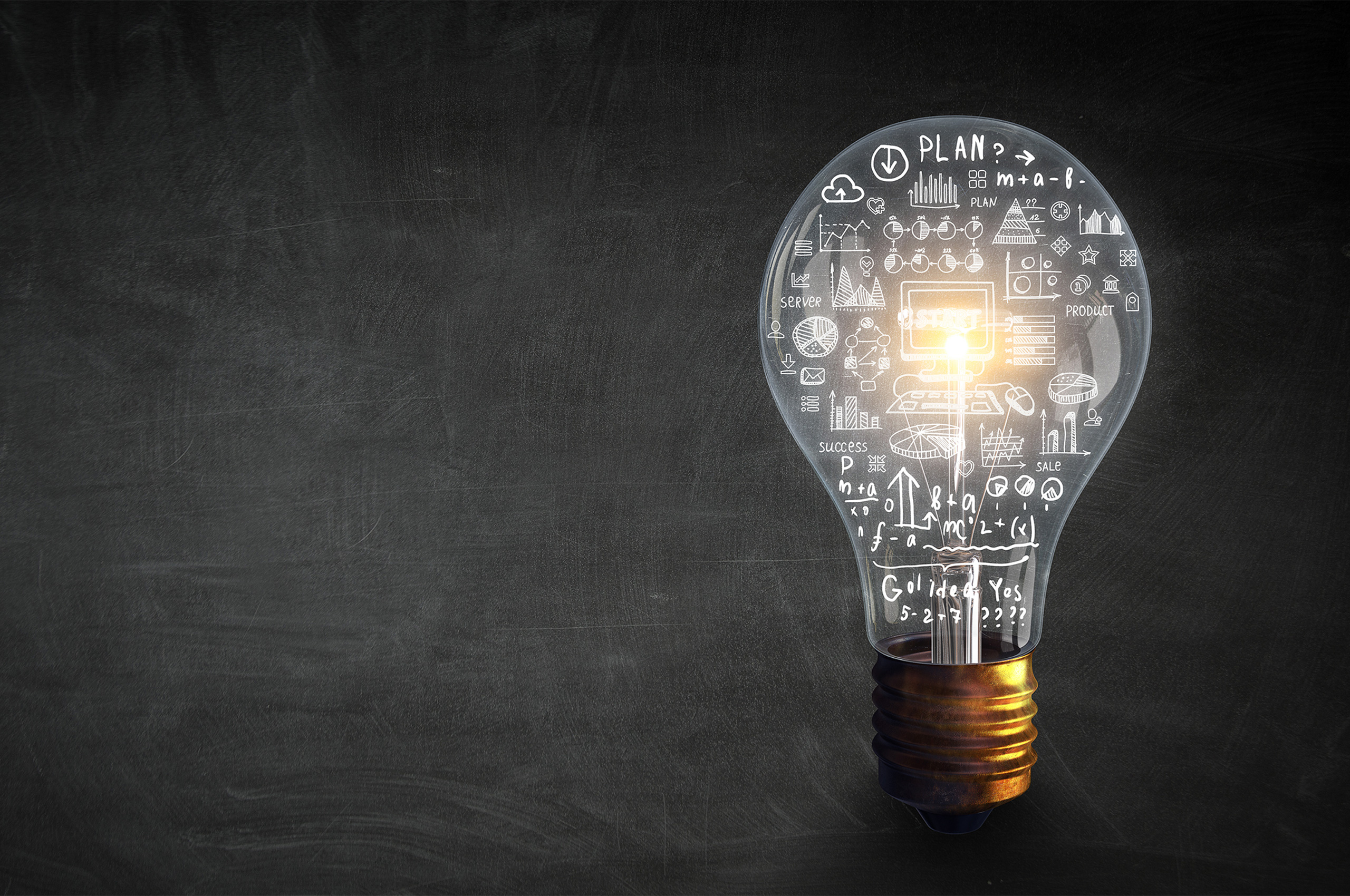Research in the Department of Mathematical and Physical Sciences

The Department of Mathematical and Physical Sciences is recognised nationally and internationally for its research in applied mathematics, pure mathematics, statistics and physics.
Our researchers collaborate with scientists in health, psychology, engineering and computing to form multi-disciplinary teams that improve human health and wellbeing and advance the technologies of the future.
Current and former academics have been awarded Australian Research Council Discovery Project funding, Early Career Fellowships, Future Fellowships, a Discovery Outstanding Research Award Fellowship and National Health and Medical Research Council funding.
Physical sciences researchers have also been awarded two consecutive Australian Research Council Centres of Excellence, with La Trobe serving as a node institution. Currently, our researchers are core academic investigators in the Australian Research Council’s Research Hub for Molecular Biosensors at Point-of-Use. Our mathematical sciences researchers are founding members of the Australian Centre for Artificial Intelligence in Medical Innovation.
Our graduate researchers also conduct technology-driven and industry-engaged research. Our Masters and PhD programs give candidates the opportunity to conduct high impact study under the direction of experts in their field.
RESEARCH AREAS
Our researchers specialise in fundamental and applied research to create innovative and practical solutions.
Our research is grouped into five key areas:
Our researchers develop new statistical and data science methodologies that contribute to improved modelling and inference of data in areas from the health and medical sciences, to economics and engineering. We have received competitive grant funding to support research that improves statistical methods, or to work collaboratively with other disciplines in health, psychology and education.
Ranging from epidemiology and infectious diseases to integrable systems, the Department’s interests in applied mathematics have immediate applications to the world around us – while also making fundamental contributions. International collaboration in this area is particularly strong. Our Department partners with Kyushu University (Japan) and host the Australia branch of Kyushu’s Institute of Mathematics for Industry.
Number theory, geometry, algebra, logic, and graph theory are the main foci of pure mathematics in the Department. While our researchers are primarily interested in how mathematics itself works, we also collaborate across disciplines, particularly in computer science. Major projects on number theory and geometry have received funding from the Australian Research Council.
Quantum computing, materials science, and nanotechnology are core areas of research strength in the Department. Our researchers have strong collaborative ties to industry including Quantum Brilliance, to research infrastructure providers such as the Australian National Fabrication Facility, and to government organisations including the Defence Science and Technology Group. These collaborations also support a range of industry PhDs.
Areas of strength include synchrotron science, coherent X-ray science and biophotonics. Our researchers have received major grant funding and have been awarded several high-profile national prizes for success in research translation and commercialisation. Research is supported through collaborative projects with the Australian Synchrotron and La Trobe’s joint PhD program with the more than A$2 billion European X-ray Free Electron Laser facility based in Hamburg, Germany.
Graduate research
The Department of Mathematical and Physical Sciences is proud to deliver high quality training to our graduate students.
We have Masters and PhD opportunities, where candidates conduct high impact projects under the direction of experts in their field. PhD candidates also have the option of developing a project with government, the private or the not-for profit sector in our industry PhD program.
Our graduate researchers are well supported by teams of at least two supervisors, progress committees and a carefully tailored milestone program.
They benefit from competitive opportunities to apply for travel support, and enjoy a rich intellectual climate fostered by multiple seminar series, as well as alumni and industry events.
Many also teach in the School, helping to prepare them for a career in academia.
Have questions about graduate research in La Trobe’s School of Computing, Engineering and Mathematical Sciences? Contact our Director of Graduate Research, Professor Marcel Jackson.
RESEARCH CENTRES
Our staff make key contributions to La Trobe University’s research centres.
The Australian Centre for Artificial Intelligence in Medical Innovation is the world’s first university innovation centre specialising in the application of artificial intelligence to accelerate the discovery and development of immunotherapies, vaccines and medical innovation.
The Centre for Materials and Surface Science is an interdisciplinary research centre that brings together experts across physics, chemistry, materials science and engineering from La Trobe, and local and international partners. It offers Australia’s most comprehensive suite of surface science and surface analysis equipment and is an international leader in the application of machine learning for understanding very large and complex spectroscopic datasets.
